#Cloud #Service #AWS #Azure #GCP
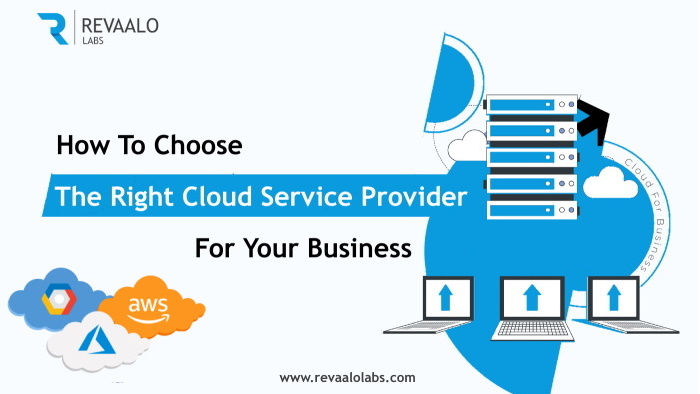
A cloud service provider is a third-party company that provides computing cloud services for other businesses and individuals. It gives companies access to servers, storage, databases and additional application services, in a flexible, pay-as-you-go model.
In this day and age, the majority of companies, whether IT, construction, health, accounts, or finance, are making a move to the cloud.
Cloud computing is the on-demand delivery of IT resources over the Internet with pay-as-you-go pricing. Instead of buying, owning, and maintaining physical data centers and servers, you can access technology services, such as computing power, storage, and databases, on an as-needed basis from a cloud provider.
The cloud solutions industry is full of competing providers offering a wide range of services. Market leaders like Amazon, Microsoft, and Google are the most famous names in the industry. However, some smaller providers offer bespoke cloud services for their clients.
Types of Cloud Computing Service Provider
There are three types of cloud models or service capability and they are:
When you choose a provider, you want to choose the best. How do you decide which is the best? Now that is completely dependent on your needs and budget. If all you need are some web servers and a database, there are many who offer many different kinds of pricing. However, most enterprises need more than a service or two.
Before looking at the features of the best cloud computing services providers, let’s look at some of the top service providers.
1. Amazon Web Service (AWS):
The Amazon cloud system is the fastest and trusted by many businesses. They are well known for their security system. Scalability and flexibility are the important benefits of the Amazon cloud. It provides a foundational element service that can be used for creating and deploying any cloud software. It is the first cloud to reach the computer room. It is the most common cloud solution.
2. Microsoft Azure :
Launched in 2010, Microsoft Azure is available in 54 regions across 140 countries. With 16% of the global market share in the public cloud, its growth rate is 75%. It offers 100+ services and offers pay-per-minute billing. With Microsoft Azure, it’s easy to integrate Microsoft tools that are used by many organizations.
3. Google Cloud Platform (GCP):
Google Cloud Platform (GCP) has also been strongly influenced by its parent company. Google’s mission statement is “to organize the world’s information and make it universally accessible and useful.” With this in mind it’s not too surprising that Google would have one of the best large-data platforms ever created in BigQuery. GCP is a full cloud solution, but has a very strong set of services around data collection, processing, and data science.
How to choose the right cloud service provider :
So, how do you know which cloud service provider is best for you? Here are some of the points to consider when choosing a cloud service provider.
1. Business Requirements :
Choose a cloud service provider apt for your business requirement. Vendors will offer you with a set of specifications; choose the plans that will suit your business needs. In this way, you will quickly create a shortlist of suppliers. It is easy to eliminate those providers who do not match your business needs.
2. Data Security :
Make sure the provider you choose meets the strict security standards and considers security a top priority. Always verify if they’re compliant with standards like the ISO 27000 series and if their certifications are valid. Server location is also important as different local laws may apply and you make to be 100% sure of having control regarding the jurisdiction in which your data is stored, processed and managed.
3. Pricing :
It’s by far, one of the top deciding factors and you have to consider both sticker price and associated cost, including staff, you may need to hire for managing your cloud instances. When it comes to cost, it’s much more complicated than a simple apples-to-apples comparison as there are various plans and discounts which you cannot compare straightaway. You need to make a decision based on your predicted and actual usage pattern vis-a-vis the CSP’s plans after checking what fits best to your business model, timeline and budget.
4. Service Level Agreement (SLA)
Service Level Agreement (SLA) is a documented list of service standards, terms, and conditions. This document also defines how the hosting provider will compensate for any failure to serve up to the defined standards. For the custom cloud solutions, you can even request the service provider to define an exclusive SLA.
It is recommended that you evaluate the SLA thoroughly before making a decision to go with the cloud hosting provider.
5. Technology Advancements :
Selecting a cloud provider that promptly adapts to the constantly evolving technological advancements and trends are preferred as they have advanced technical competencies and scalable operational capabilities. It is of utmost critical to verify whether the provider’s cloud services align appropriately with the dynamicity of the business needs.
6. Reliability and Performance :
Although downtimes are inevitable and you shouldn’t rule a provider out just because it openly publishes information about it. However, it’s important how often downtimes happen and how the provider solves such a situation. Verify provider’s processes, roles and responsibilities, tools, and disaster recovery provisions.
7. Support and Maintenance :
Each cloud service provider has a different support and maintenance contract. You will have to look at your needs and compare which provider suits you better.
Cloud service providers have different plans. You have to ask yourself what kind of support you need, what the cost will be, and see which support plan works for you.
If you need more assistance in choosing the best cloud service provider, along with developing your own product - Connect with Revaalo labs your one stop solution for Digital Transformation needs.
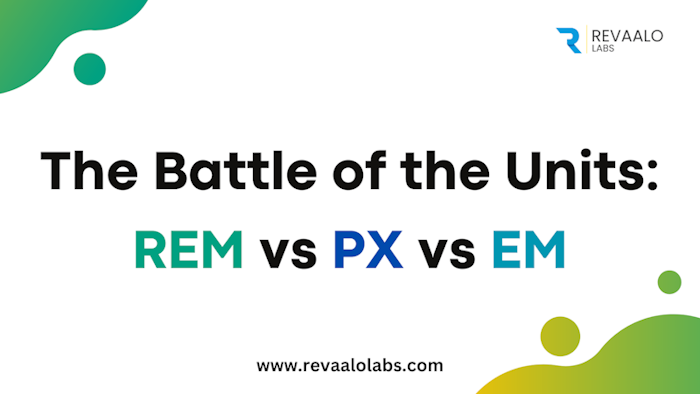
One of the most critical decisions website developers must make is deciding what unit of measurement to use when sizing elements, fonts, and other design properties.
Read more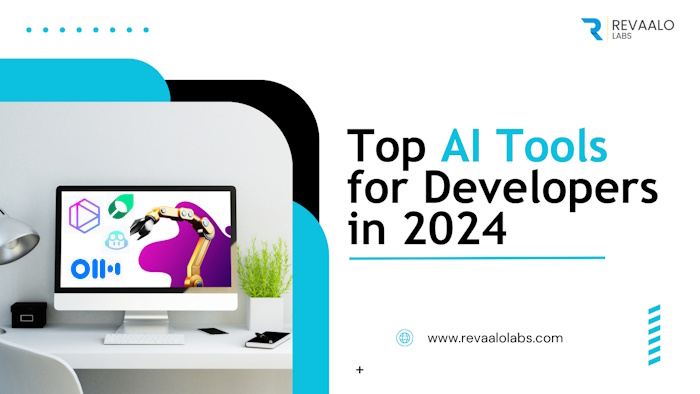
It`s an amazing technology-one that will help us solve society`s toughest problems and reshape the world.
Read more13
December
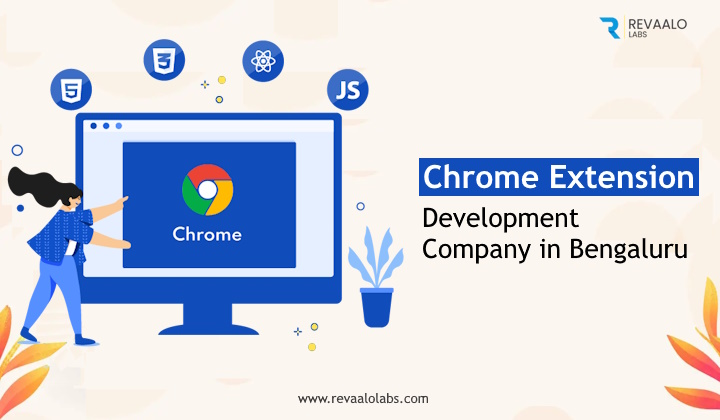
Today, web browsers play a significant role in our lives, providing us with access to a world of information and possibilities.
Read more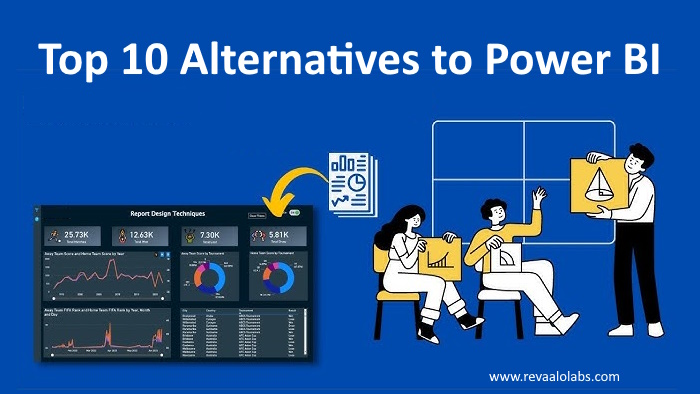
Power BI is a popular business intelligence tool developed by Microsoft for data visualization and analysis. While Power BI is a robust solution, there are several alternatives available that cater to different needs and preferences.
Read more09
October
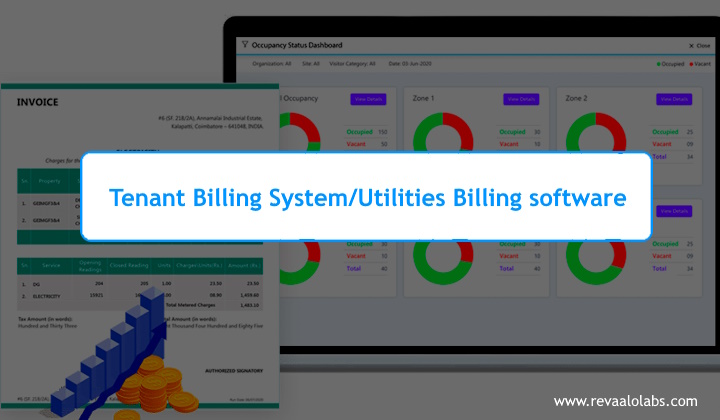
Tenant billing systems are software solutions used by property owners, managers, and landlords to accurately bill tenants for their usage of utilities and services.
Read more